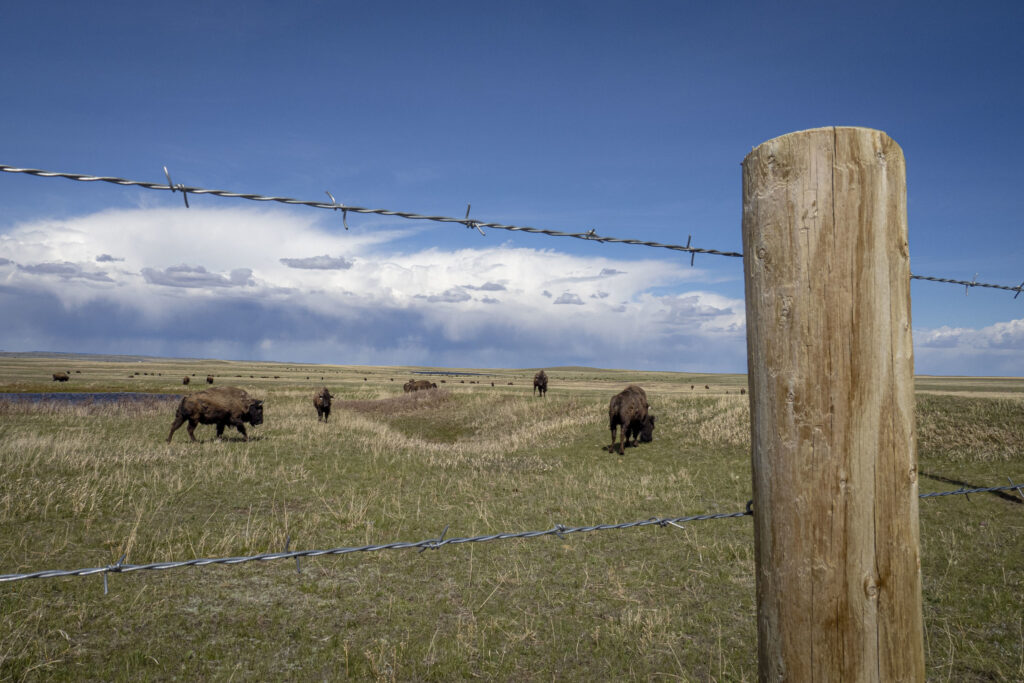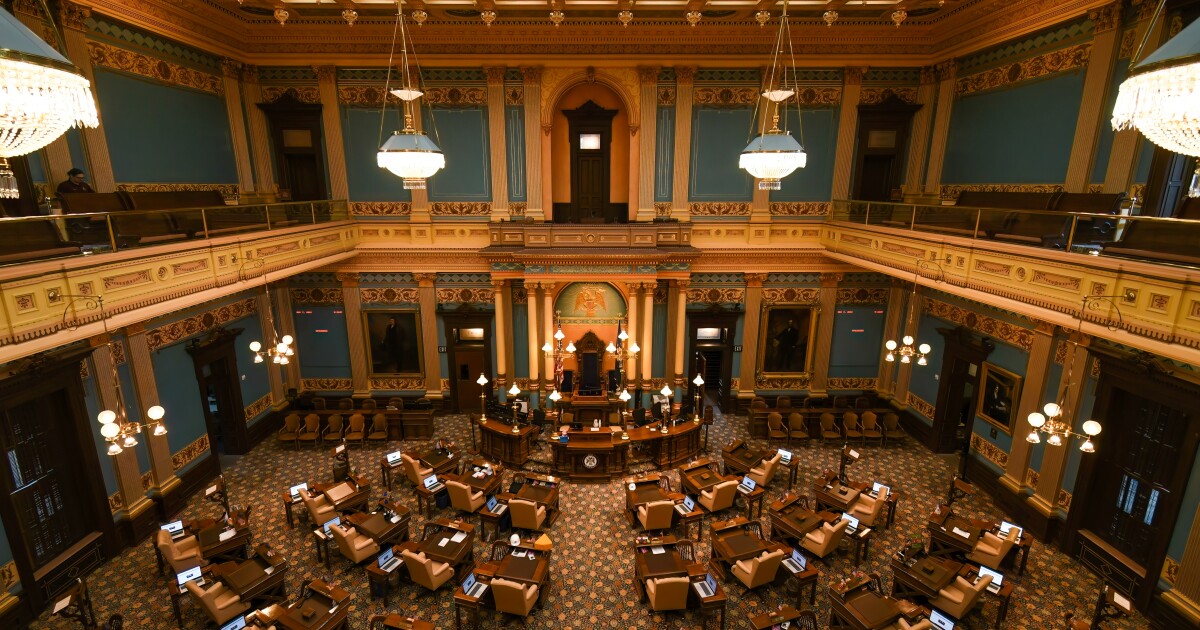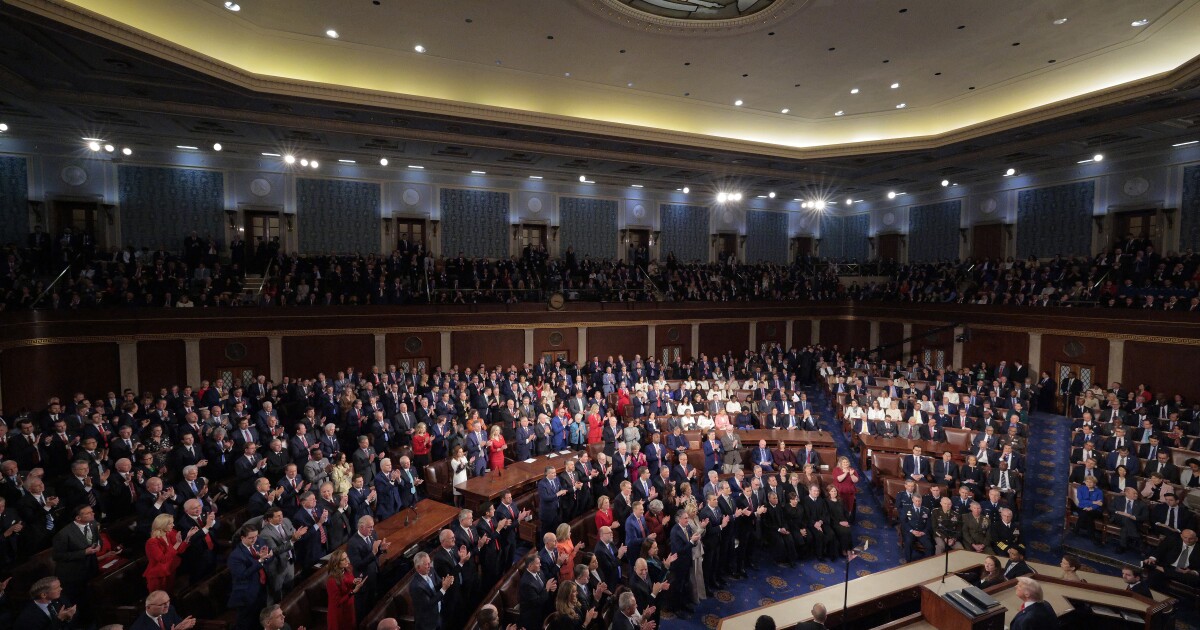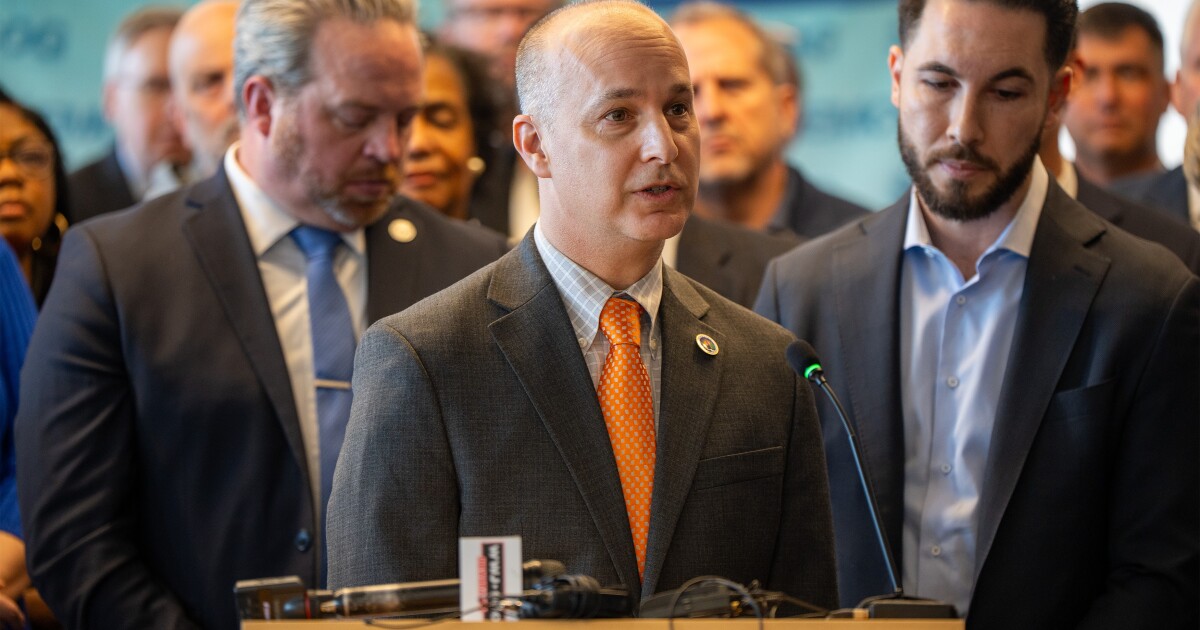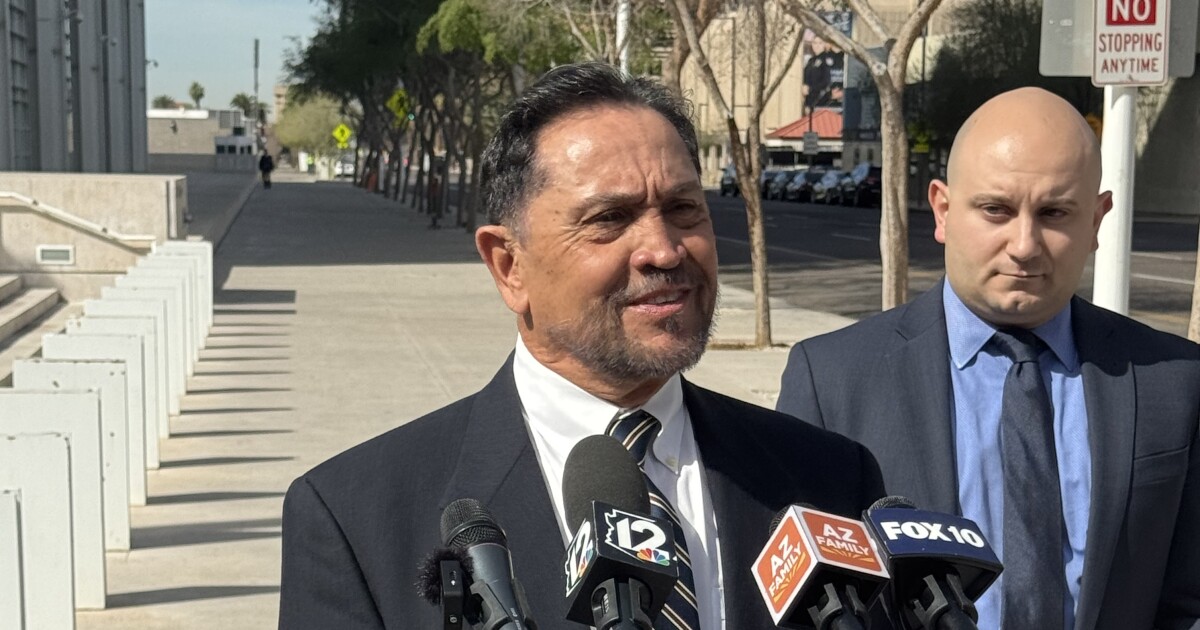Montana Gov. Greg Gianforte and the state’s federal delegation recently voiced opposition to American Prairie’s bison restoration project. In a letter to Interior Secretary Doug Burgum, they argued the initiative threatens Montana’s agriculture-driven economy. The Bureau of Land Management had granted grazing rights to American Prairie under President Biden’s administration in 2022, a decision the state and livestock groups are appealing.
The letter emphasizes the economic significance of agriculture, stating it has been integral to Montana’s economy and culture. However, agriculture ranked 12th in the state’s GDP in 2022, generating $4.6 billion in cash receipts. Concerns arise over bison sharing land with cattle, potentially increasing costs and disease risks like brucellosis, a disease transmitted from infected animals.
American Prairie owns over 500,000 acres in Montana and manages 900 bison on 46,000 acres. They lease land to cattle producers, supporting around 7,000 head and 25 ranchers. Geddes, a spokesperson, contended that larger factors like drought and market changes impact local economies more than their conservation efforts.
Brucellosis concerns persist among ranchers. The disease, present in Yellowstone National Park bison, affects reproductive systems, causing economic strain. Despite this, Montana maintains a brucellosis-free status, thanks to extensive testing and surveillance programs. The state’s “Designated Surveillance Area” helps monitor and control the disease.
The controversy extends to grazing rights under the Taylor Grazing Act, which critics say American Prairie violates by using land for conservation. However, American Prairie claims the act allows their operations as they are “stock owners” and engaged in the livestock business. Their efforts aim to restore the land to its pre-colonization state, with bison roaming free. Meanwhile, ranchers argue the Bureau of Land Management has exceeded its authority in granting these rights.
Despite these disputes, some ranchers, like Gilles Stockton, express more concern over wealthy landowners than American Prairie’s bison restoration. Stockton, a nearby rancher, acknowledges frustrations but points to larger challenges from affluent neighbors as a greater issue.
—
Read More Montana News

